Volunteers at New RCP Health Center Help Tanzanian Children Thrive
Tanzania medical volunteers help children and their families in a fully modern and functional clinic, funded by a multi-year family foundation grant arranged by a Global Volunteer alumnus. The Ipalamwa General Clinic (IGC) serves five rural communities in the Ukwega Ward, and stands as the centerpiece of the Ukwega Ward Reaching Children’s Potential (RCP) Demonstration Project.
Reaching Children’s Potential Program in Ipalamwa, Tanzania
The primary goal of RCP is to help Tanzanian children thrive by educating mothers and pregnant women about nutrition, proper pre-natal care, early childhood interventions, and health and hygiene that will help halt the staggering childhood stunting incidence in the region. Since the RCP Demonstration Project began in Ipalamwa in 2016, volunteers have conducted parent workshops, planted garden boxes and instructed mothers how to maintain them, provided basic health care interventions and screenings, demonstrated child stimulation, taught lessons on effective disease prevention, cared for preschool children, and supported the community with conversational English classes, labor assistance and improved technology.
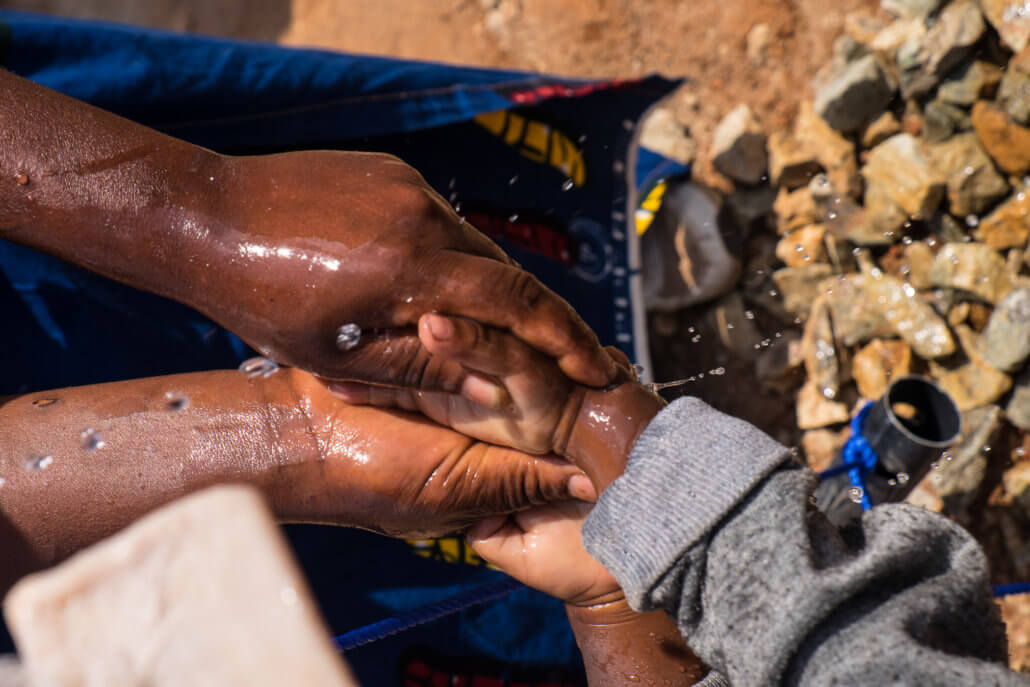
The expanded health center will greatly improve volunteers’ ability to help Tanzanian children.
Clinic services will include:
- Prenatal and postnatal care
- Routine deliveries
- Infant care including well-checks and health interventions
- Family Planning resources
- Dental care (when volunteer dentists are on site)
- Transportation to the hospital for high risk pregnancies
Speaking from Ipalamwa the last week of July, Global Volunteers CEO Bud Philbrook reported that modifications to the original plans drawn up by a Minnesota architectural firm met strict facility requirements and protocols prescribed by the Tanzanian Ministry of Health. “We learned of some of the changes that had to be made shortly before the structures were started. In each case, we were able to maintain the original vision while complying with the local regulations,” he said.
Ready To Help Tanzanian Children
A staff of two doctors, three nurses, eight clinic support staff, and seven outreach caregivers care for and help educate the families who have enrolled in the Ukwega RCP Program. RCP was designed to provide the 12 interventions of the United Nations’ “Essential Package;” broadly, comprehensive services in health, nutrition and education.
In Tanzania, Global Volunteers’ focus is on the first 1,000 days of children’s lives – starting in utero. RCP aims to test a method of addressing the multi-generational cycle of stunting that results from behaviors and habits related to nutrition, infectious disease control, and education.
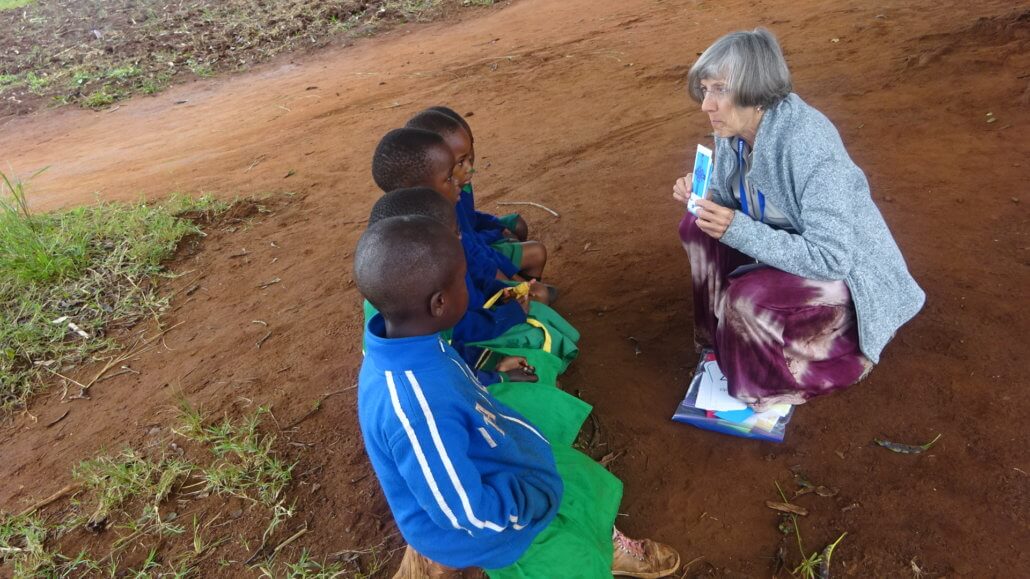
“Short-term volunteers are essential to provide the energy, insight and practical skills offered through the RCP Project,” Philbrook said. “Programs fail when they can’t be sustained. Short-term volunteers provide an endlessly renewable source of knowledge, capacities, new ideas, and simply extra hands,” to try to help Tanzanian children and meet the myriad needs of pregnant women, mothers and their children. “Everyone who’s interested in helping children thrive and reach their full potential can do this,” he said.
The project in Tanzania is an expansion of the RCP Project in St. Lucia, West Indies, which examined the impact of short-term volunteers on delivering essential services in the areas of health, hunger and cognition. University of Minnesota student volunteers conducted preliminary research to assess volunteer-parent engagement and behavior change through personal interviews of participating families. With those outcomes and principles, Global Volunteers and their long-standing local partners within the Evangelical Lutheran Church of Tanzania (ELCT) developed a strategy to address childhood stunting in the villages Global Volunteers has served since 1986.
Learn more about the RCP Project on our website, and in the following posts:

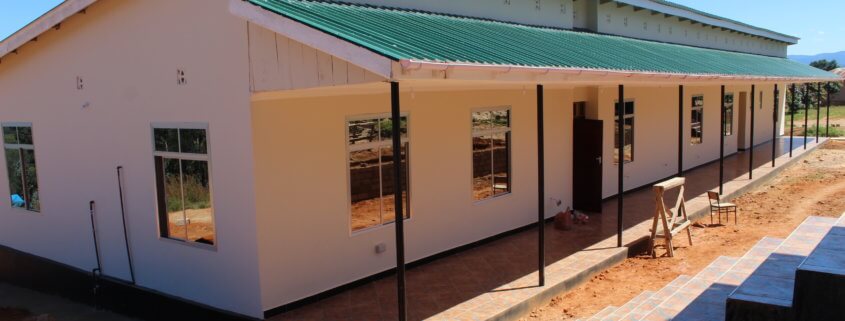


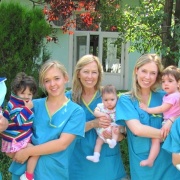
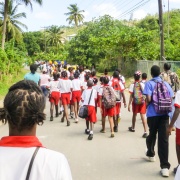
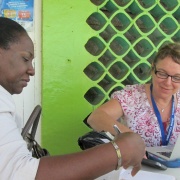
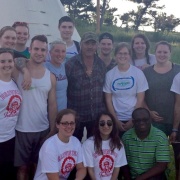
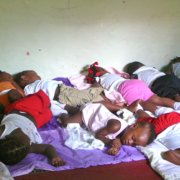
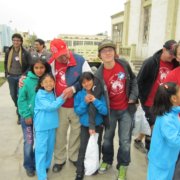


Leave a Reply
Want to join the discussion?Feel free to contribute!